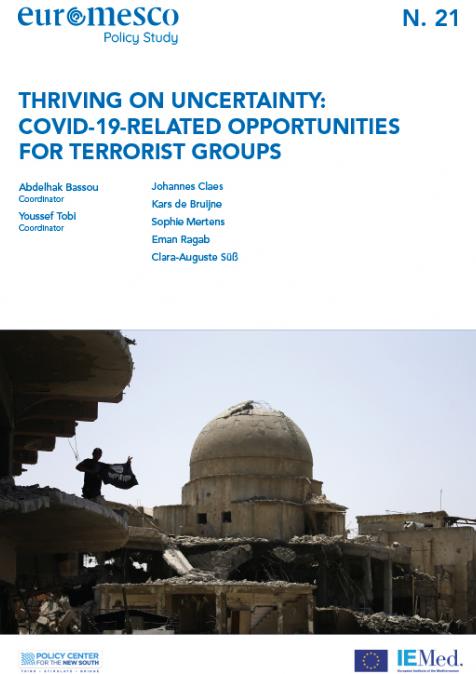Le Policy Center a organisé une journée spéciale axée sur les chantiers du nouveau gouvernement marocain. Retrouvez tous les commentaires de nos experts ici : https://twitter.com/PolicyCenterNS.
Speakers

Larabi Jaïdi
Senior Fellow
Larabi Jaïdi is a Senior Fellow at the Policy Center for the New South and an Affiliate Professor at Mohammed VI Polytechnic University. His areas of expertise include international economy, economic policies, international economic relations, regional economies, social development, international relations, and Mediterranean studies. He also served on the Special Commission on the New Development Model of Morocco, a consultative body created in November 2019 to formulate the country's new developmental guidelines. Jaïdi is a former Professor at Mohamed V University in Rabat-Agdal and a founding member of both the Centre Marocain de Conjoncture and the Groupement d’Etudes et de Recherches sur la Méditerranée.
Prof. Jaïdi previously served as Advisor to the Prime Minist ...





